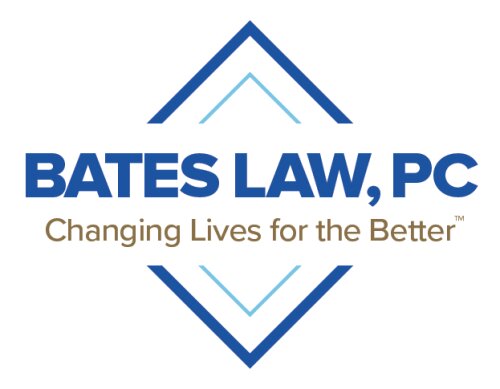Best Toxic Mold Lawyers in San Diego
Share your needs with us, get contacted by law firms.
Free. Takes 2 min.
List of the best lawyers in San Diego, United States
About Toxic Mold Law in San Diego, United States:
Toxic mold refers to certain types of mold that produce mycotoxins, which can be harmful to human health. In San Diego, United States, toxic mold can be a serious issue for property owners and tenants alike. If you suspect toxic mold in your home or workplace, it is important to take swift action to address the situation.
Why You May Need a Lawyer:
There are several situations where you may need to seek legal help for toxic mold issues in San Diego. This could include disputes with landlords or property owners over mold remediation, insurance claims related to mold damage, or personal injury claims due to mold exposure. A lawyer can help you navigate the complex legal issues surrounding toxic mold and ensure your rights are protected.
Local Laws Overview:
In San Diego, there are specific laws and regulations that govern toxic mold issues. Landlords are required to maintain a safe and habitable living environment for tenants, which includes addressing any mold issues that may arise. Tenants also have rights when it comes to mold exposure and can seek legal recourse if their landlord fails to address the problem in a timely manner.
Frequently Asked Questions:
Q: How can I determine if mold in my home is toxic?
A: It is best to have a professional mold inspection done to determine the type of mold present and whether it is toxic.
Q: Can I sue my landlord for mold exposure?
A: If your landlord is aware of a mold issue and fails to take action, you may have grounds for a lawsuit for negligence.
Q: What damages can I recover in a toxic mold lawsuit?
A: Damages in a toxic mold lawsuit may include medical expenses, property damage, and pain and suffering.
Q: How long do I have to file a lawsuit for mold exposure?
A: The statute of limitations for toxic mold lawsuits can vary, so it is important to consult with a lawyer as soon as possible.
Q: Can I be evicted for reporting mold in my rental property?
A: Retaliation by a landlord for reporting a mold issue is illegal, and you may have legal recourse if you are evicted in retaliation.
Q: What should I do if I suspect mold in my workplace?
A: Notify your employer immediately and request an inspection by a qualified mold remediation specialist.
Q: Can I handle a toxic mold lawsuit on my own?
A: While it is possible to handle a lawsuit on your own, it is highly recommended to seek the assistance of a qualified attorney with experience in toxic mold cases.
Q: What can I do to prevent mold growth in my home?
A: Keeping your home clean and dry, repairing leaks promptly, and ensuring proper ventilation can help prevent mold growth.
Q: Is mold covered by homeowner's insurance?
A: Mold coverage can vary depending on your policy, so it is important to review your insurance policy to understand what is covered.
Q: How much does it cost to hire a lawyer for a toxic mold case?
A: The cost of hiring a lawyer for a toxic mold case can vary depending on the complexity of the case and the attorney's fees. Many lawyers offer a free initial consultation to discuss your case.
Additional Resources:
For more information on toxic mold in San Diego, you can contact the San Diego County Environmental Health Department or the California Department of Public Health. Additionally, organizations like the California Apartment Association may have resources related to mold issues in rental properties.
Next Steps:
If you believe you have a legal issue related to toxic mold in San Diego, it is important to consult with a qualified attorney who specializes in this area of law. A lawyer can assess your situation, provide guidance on your rights and options, and help you navigate the legal process. Don't hesitate to seek legal advice if you suspect toxic mold in your home or workplace.
Lawzana helps you find the best lawyers and law firms in San Diego through a curated and pre-screened list of qualified legal professionals. Our platform offers rankings and detailed profiles of attorneys and law firms, allowing you to compare based on practice areas, including Toxic Mold, experience, and client feedback.
Each profile includes a description of the firm's areas of practice, client reviews, team members and partners, year of establishment, spoken languages, office locations, contact information, social media presence, and any published articles or resources. Most firms on our platform speak English and are experienced in both local and international legal matters.
Get a quote from top-rated law firms in San Diego, United States — quickly, securely, and without unnecessary hassle.
Disclaimer:
The information provided on this page is for general informational purposes only and does not constitute legal advice. While we strive to ensure the accuracy and relevance of the content, legal information may change over time, and interpretations of the law can vary. You should always consult with a qualified legal professional for advice specific to your situation.
We disclaim all liability for actions taken or not taken based on the content of this page. If you believe any information is incorrect or outdated, please contact us, and we will review and update it where appropriate.















